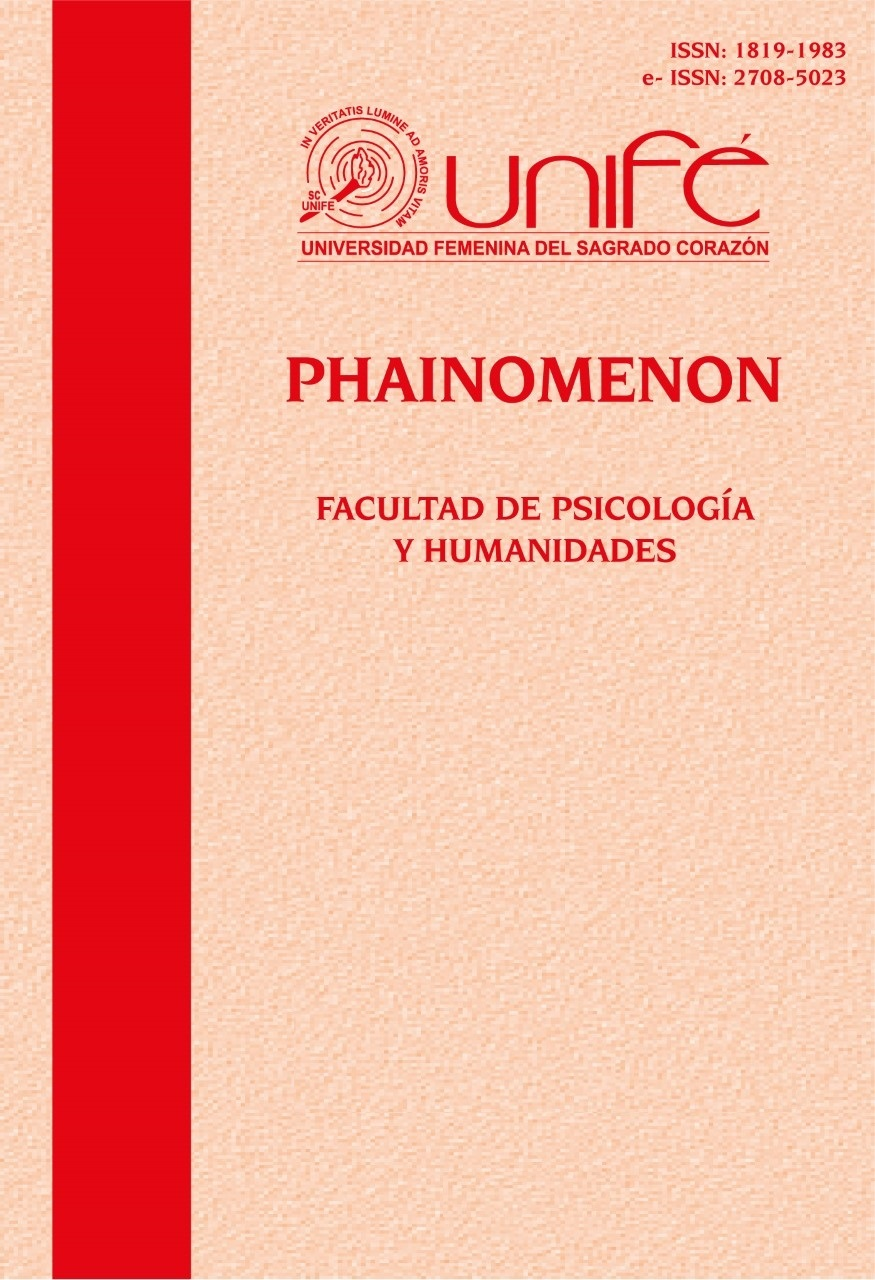Approach to the spirit in Saint Paul: a new code of ethics
DOI:
https://doi.org/10.33539/phai.v21i2.2636Keywords:
St. Paul, Spirit, Code, ethical, DivineAbstract
For Paul, the Spirit was bestowed on all of human civilization. While Christianity broadens the scope of the salvation message for pagans; also, in some way, it restricts and rethinks it, prioritizing and valuing completely new aspects such as freedom of choice and the preference for the excluded and/or “what is small”. Jesus would not have been incarnated to provide Abba, as he calls God, a victim for the sins of the world, but to make visible and liquidate the link between the sacred and violence. In this sense, the way in which Jesus explains Abba - what he looks like and not what he is - would be in line with how an explanation of the divine is required by the Christian believer. The Spirit in Paul, under our understanding, allows, through his personal and community experience, to prepare for the future but from the present. In this sense, the experience of the Christian is of an eschatological type; that is, it lives at the beginning of the end. Specifically, asceticism was constituted as a catalyst for accommodating the Spirit in man: a preparation of the body for a state of transfiguration at the time of the long-awaited eternal life. Christianity does not blur the importance of life; conversely, the Spirit, as a code of ethics, would allow man to access, in this life, the eternal life promised by the messiah.
Downloads
Downloads
Published
How to Cite
Issue
Section
License
Copyright (c) 2022 Roberto Julio León Pacheco

This work is licensed under a Creative Commons Attribution 4.0 International License.






